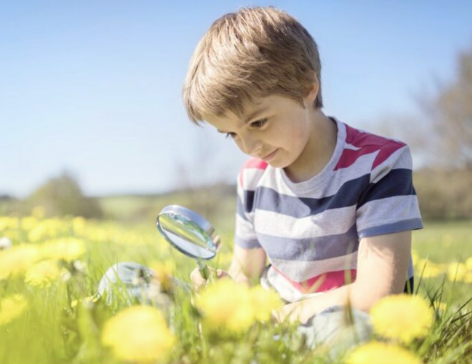High schools across the country are embracing sustainability through engaging, hands-on eco-friendly projects. These initiatives not only promote environmental awareness but also give students practical experience in creating positive change. By incorporating green practices into education, schools are preparing students to think critically about their role in the future of our planet.
One common project involves school gardens. Students plant vegetables and herbs while learning about soil health, composting, and sustainable agriculture. These gardens can also supply produce for school cafeterias, teaching students the value of local food systems.
Another innovative project is upcycling. Rather than throwing away used materials, students find creative ways to transform them into useful items. From turning old t-shirts into reusable bags to crafting decorations from discarded paper, these activities teach the importance of reducing waste and reusing resources.
Recycling programs also play a central role. Many schools now implement student-led recycling initiatives where participants sort and collect materials like plastic, glass, and paper. This helps create a culture of responsibility and encourages peers to be more mindful about consumption.
Energy conservation projects are becoming more popular as well. Students conduct energy audits in their schools to identify areas where electricity can be saved. They might suggest using LED lighting, reducing screen time, or unplugging unused devices, which leads to both environmental and financial benefits for the school community.
Water conservation efforts are equally important. Through experiments and awareness campaigns, students learn about clean water access and explore methods for reducing water usage, such as installing low-flow faucets or harvesting rainwater for irrigation.
Eco-friendly projects in high school not only align with science and environmental studies but also support leadership and teamwork skills. As students take ownership of their initiatives, they gain confidence and an appreciation for the impact of small changes.
Incorporating sustainability into high school programs helps create a new generation of environmentally conscious citizens. These projects foster creativity, responsibility, and critical thinking—skills that benefit students long after graduation.














